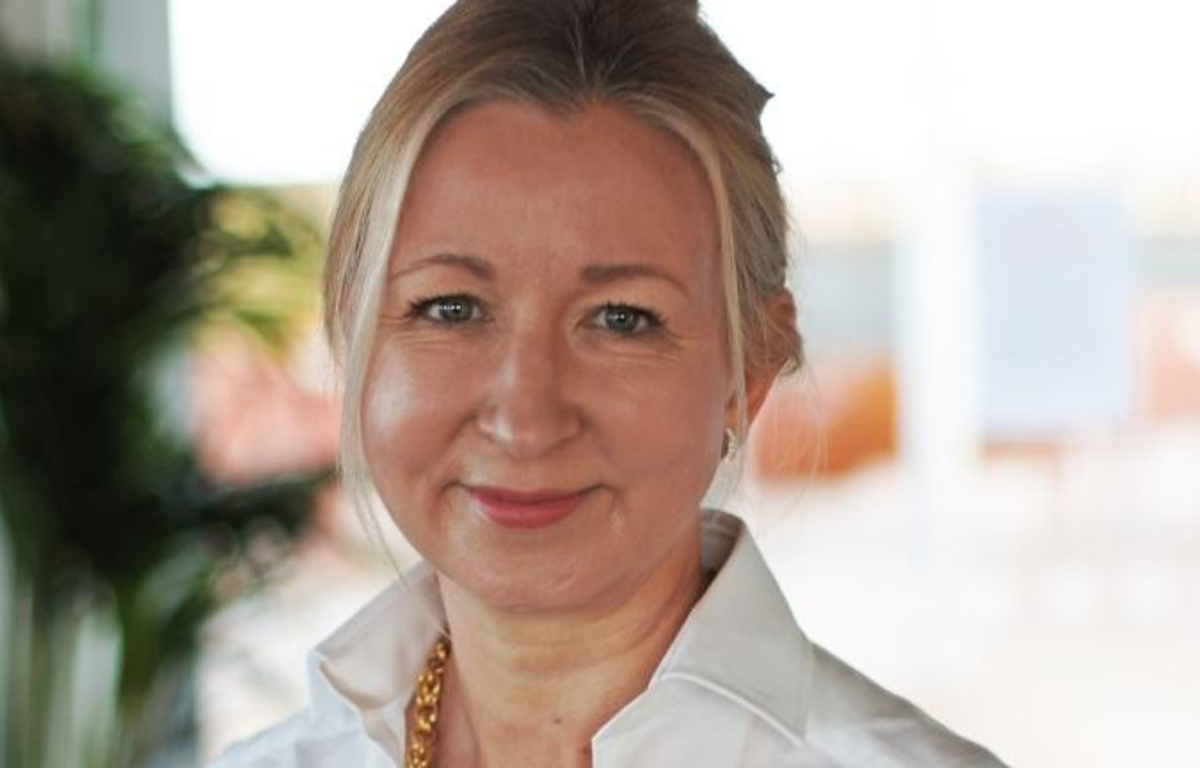Cambridge Institute for Sustainability Leadership announces permanent CEO

The Cambridge Institute for Sustainability Leadership (CISL) has made its interim CEO Lindsay Hooper permanent after a year.
Hooper was appointed as interim CEO in January 2024 following a year as Chief Impact Officer as the sustainability-focused programme of the University of Cambridge – which is considered one of the leading training organisations for Chief Sustainability Officers and their peers.
Hooper’s work over 13 years at CISL
She joined CISL in 2011 as Director of Executive Programmes, overseeing its course portfolio. In her three and a half years in that role, Hooper’s work included expanding The Prince of Wales’s Business & Sustainability Programme to the USA, Australia and Asia and growing the Institute’s Masters level programmes on sustainability leadership, as well as sustainability education projects for multinational clients.
Her appointment as permanent CEO comes at a critical moment for sustainability work, as several years of record temperatures and extreme weather events have eroded confidence in companies’ climate commitments.
“Under Lindsay’s leadership as interim CEO the Institute has engaged with these important questions – convening a leadership summit at the start of 2024 to explore how we can better engage with real world political, technology and economic imperatives, to make sustainability relevant to citizens. Lindsay has led CISL’s work to develop new thinking and campaigns to outline credible pathways to real world change,” said CISL in a statement.
Focus on the private sector
In the coming year, Hooper and CISL’s senior team will focus on extending the Institute’s contribution to Cambridge University’s mission and to society, pursuing the most effective pathways for impact, contributing to necessary change to markets and economies and bringing the private sector along in the transition.
“The greatest opportunity for CISL’s impact lies in market transformation to align economic competitiveness with sustainability. This means we have to contribute to reshaping markets and incentives to reward superior sustainability performance and foster and scale innovative solutions. The task ahead of us is one of building geopolitical, commercial, industrial and innovation strategies that are not only relevant to today’s concerns, but that also deliver long-term resilience and a cleaner, greener, fairer and more prosperous future,” the CEO noted.
“Our focus will be on working with the private sector – from multinational businesses to entrepreneurial startups, from major financial institutions to next generation wealth owners – in order to support and empower them to contribute to genuine change, both shifting ‘the rules of the game’, and also innovating to transform sectors, from aviation and buildings to food and land use,” she added.







Member discussion